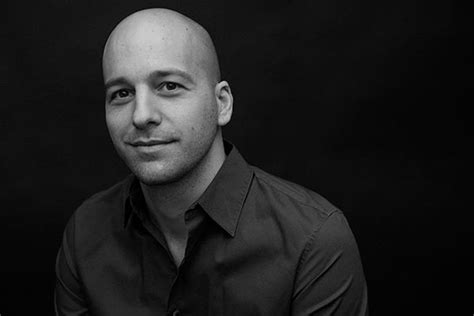A Quote by Peter Paige
It's a lot harder to write a story that's compelling about identity and sense of self without some villain in the room.
Related Quotes
America has this fascination with glorifying the villain and not talking about the trials and tribulations. We tell the story of the successful villain a lot of times, but we don't tell the story of the people who don't come out so successful, and we don't tell the story of all the bystanders of that choice.
Writing New People I was thinking a lot about the era that I came of age - the 90's. Brooklyn, in particular, this moment when I lived there. The sense of possibility. I was also trying to find a way to write about Jonestown. I had read about it a lot and I had the sense that the story could really start to drive one over the edge.
For better or worse, I seem to gravitate toward writing about something or someone else, then have my own self shove its way into that story. It seems insanely narcissistic. But I also think there's a particular effect that comes from using my autobiography in service to another story, as opposed to being the subject. I'm much more comfortable working in that mode. And I do think I have a persona or mood that I keep coming back to: self-conscious, self-critical, unsure. I write a lot about bodies, particularly male ones, usually as a point of emphasis for my insecurities about my own.
I always write a draft version of the novel in which I try to develop, not the story, not the plot, but the possibilities of the plot. I write without thinking much, trying to overcome all kinds of self-criticism, without stopping, without giving any consideration to the style or structure of the novel, only putting down on paper everything that can be used as raw material, very crude material for later development in the story.
All over the world today people have a very strong desire to find a sense of identity, and at the same time that's coupled with the rise of absolutely absurd wars that relate to ethnic identity. Perhaps there is something deeply ingrained in people that relates to a sense of belonging, and without that, identity doesn't seem as real as it should.



































